Ezedoc
✅ Lowers Cholesterol Levels
✅ Reduces Heart Disease Risk
✅ Prevents Atherosclerosis
✅ Prescribed by Doctors
✅ Oral Medication Option
Ezedoc contains Ezetimibe.
Product Overview
Ezedoc is a cholesterol-lowering medication containing Ezetimibe as its active ingredient. This pharmaceutical agent effectively reduces blood cholesterol levels by blocking intestinal cholesterol absorption. By decreasing cholesterol entry into the bloodstream, Ezedoc lowers both total cholesterol and LDL (“bad”) cholesterol concentrations, thereby helping prevent cardiovascular complications like heart attacks and strokes.
Uses
Ezedoc is indicated for:
– Treating elevated cholesterol in patients with hypercholesterolemia or mixed hyperlipidemia
– Serving as complementary therapy alongside dietary improvements and lifestyle adjustments (exercise, weight control)
– Potential combination use with statins or other lipid-lowering drugs for enhanced cholesterol reduction
How to Use
Administration Guidelines:
– Take one tablet (10mg) orally once daily
– May be taken with or without food
– Swallow whole with water (do not crush/chew)
– If a dose is missed, take when remembered unless near next scheduled dose
– Never double doses to compensate for missed ones
How it Works
Ezedoc’s mechanism involves selective inhibition of the NPC1L1 protein in the small intestine, which normally facilitates cholesterol transport into intestinal cells. By blocking this pathway, the medication:
– Reduces intestinal cholesterol absorption by ~50%
– Decreases cholesterol delivery to the liver
– Lowers circulating LDL cholesterol levels
– Minimizes arterial cholesterol accumulation
Dosage and Administration
Standard Dosage:
– 10mg once daily (all patient populations)
Renal Impairment Adjustments:
– Moderate to severe renal dysfunction: 10mg every other day
– Dialysis patients: 10mg every other day
Important Notes:
– Requires dosage evaluation when co-administered with interacting drugs
– Healthcare providers should individualize dosing based on patient characteristics
Benefits
- Effective cholesterol reduction
- Cardiovascular risk reduction
- Convenient once-daily dosing
- Complementary to lifestyle modifications
- Synergistic effects when combined with other lipid-lowering therapies
Common Side Effects
Frequently Reported Effects:
– Gastrointestinal: Diarrhea, abdominal discomfort
– General: Fatigue, headaches
– Respiratory: Upper respiratory infections
Rare but Serious Effects:
– Myalgia (muscle pain)
– Hepatotoxicity (liver dysfunction)
– Muscle weakness
Note: Most side effects are transient and mild. Report persistent or severe symptoms immediately.
Warnings
Precautions:
– Disclose any hepatic/renal impairment history
– Regular liver function monitoring recommended
– Grapefruit products may potentiate adverse effects
– Contraindicated in pregnancy/lactation without medical supervision
Storage Information
Storage Conditions:
– Room temperature (15-30°C)
– Protect from moisture and heat
– Keep secured from children/pets
– Properly dispose of expired medication
Disclaimer:
This information, while carefully reviewed for accuracy, serves educational purposes only and does not replace professional medical advice. The content may not encompass all potential drug interactions, contraindications, or adverse effects. Always consult your healthcare provider for personalized guidance regarding medical conditions and treatments. Our aim is to supplement, not substitute, the crucial physician-patient relationship.
| Strength | 10 mg |
|---|---|
| Quantity | 30 Tablet/s, 60 Tablet/s, 90 Tablet/s, 180 Tablet/s |
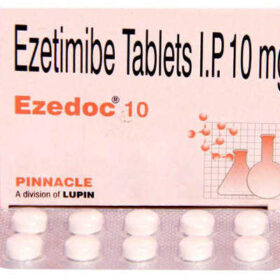 Ezedoc
Ezedoc









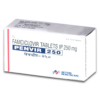

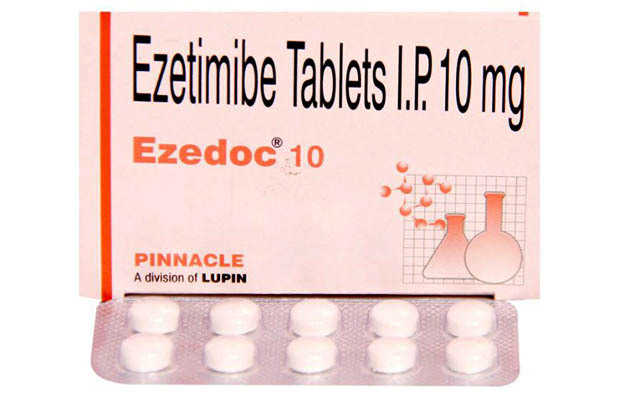
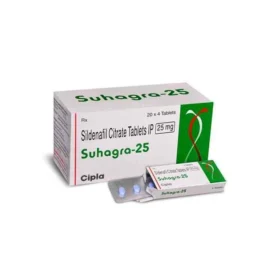
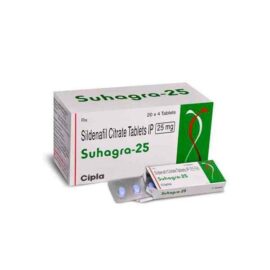
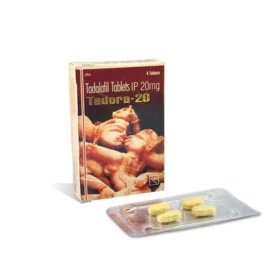
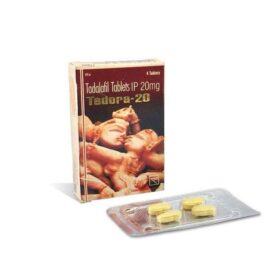
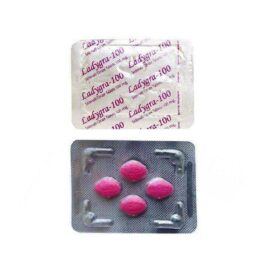

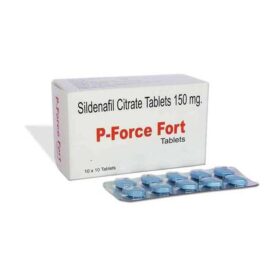
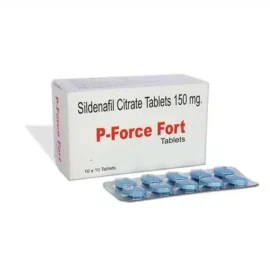
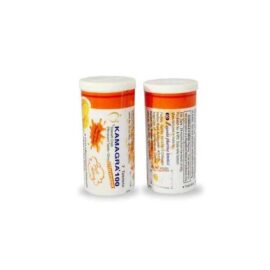
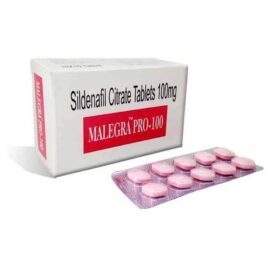
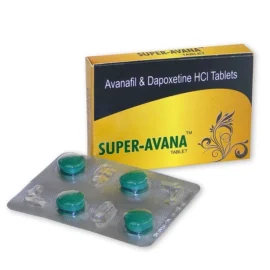
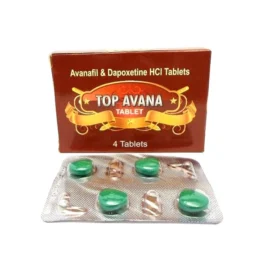
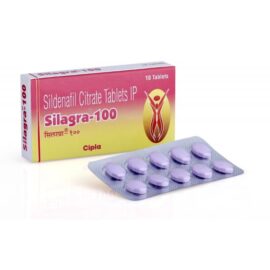
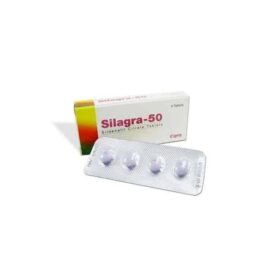
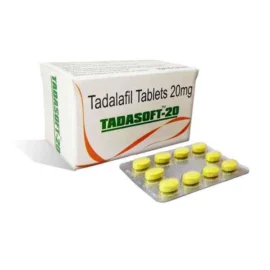
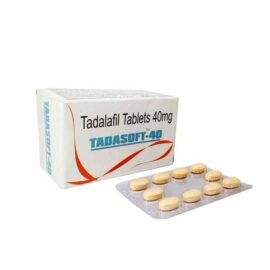
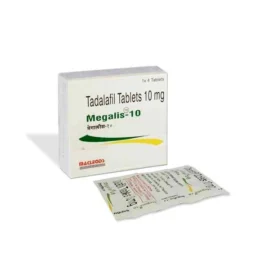
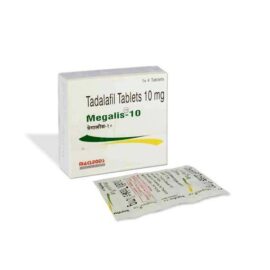
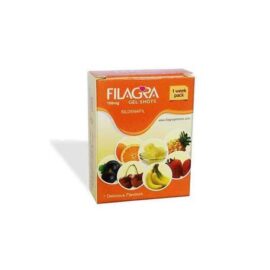

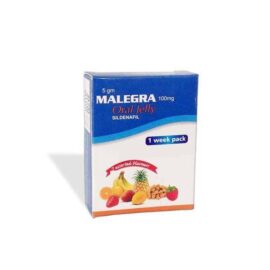
Reviews
There are no reviews yet